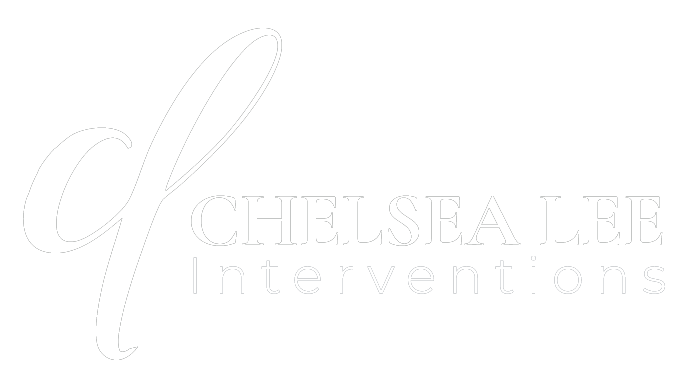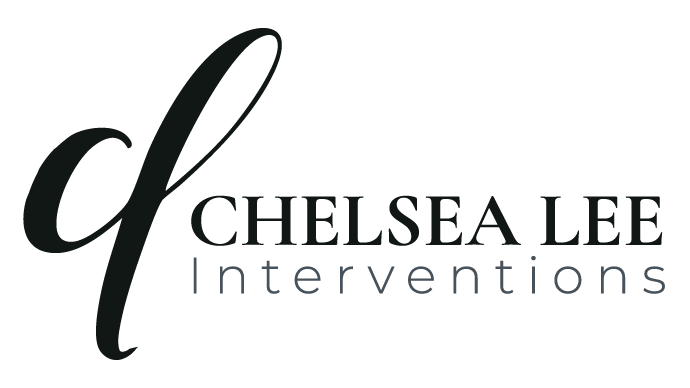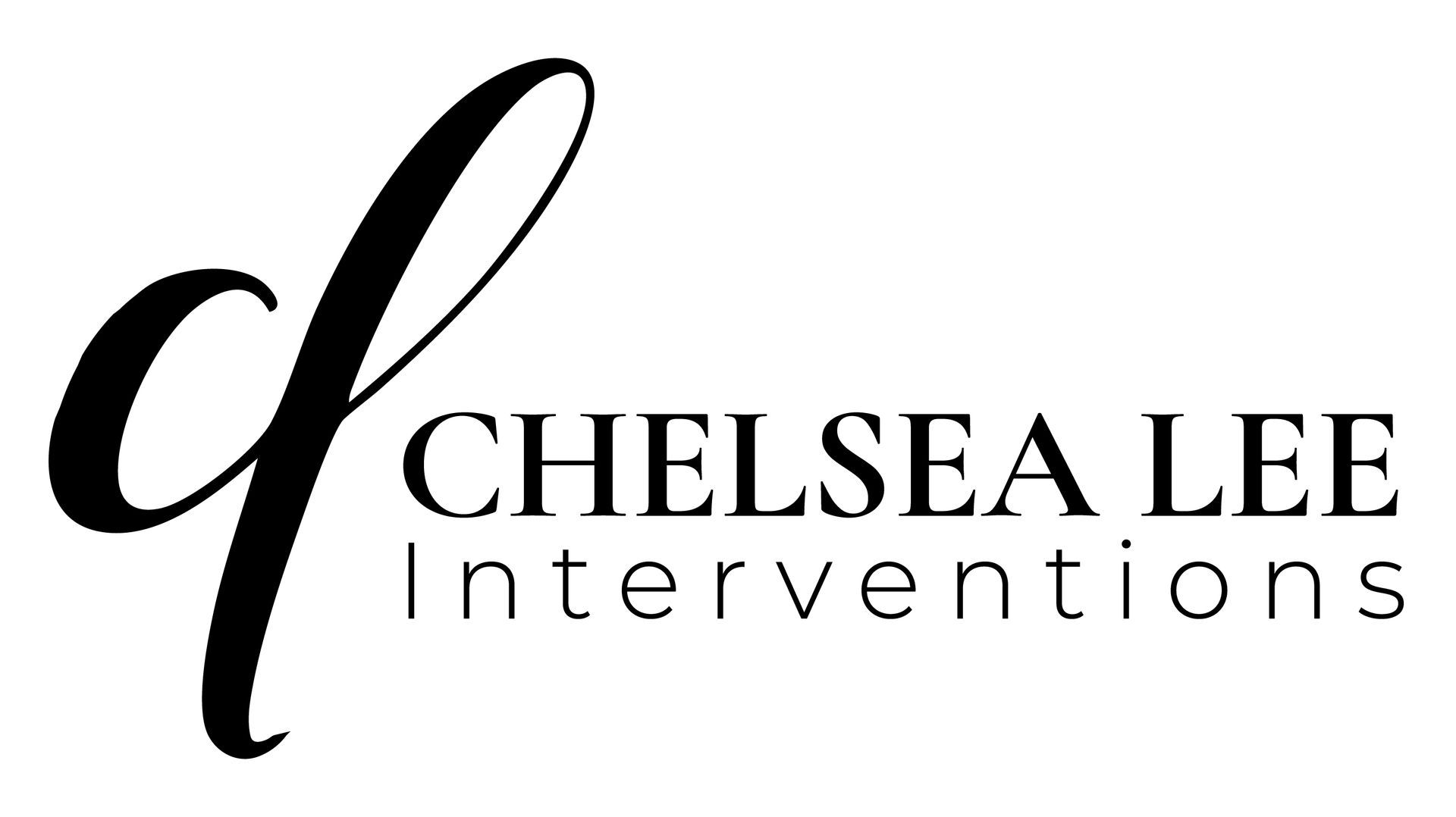Intervention Success Rates Vancouver: Why Professional Support Changes Everything

Introduction
The statistics are both heartbreaking and revealing: while professional intervention achieves success rates of 80-90%, most family-led attempts end in failure, often damaging relationships and worsening the addiction crisis.
As a licensed clinical counsellor and addiction interventionist specialist serving Vancouver and British Columbia, I've witnessed both the devastating aftermath of failed family interventions and the transformative power of professional intervention success. The difference isn't about love, families have abundant love. The difference lies in training, objectivity, and understanding addiction's complex dynamics.
If you're reading this, you've likely tried talking to your loved one multiple times. You may have researched intervention techniques online or received advice about how to "get through" to someone struggling with addiction. The fact that you're still searching means those approaches haven't worked.
This isn't your failure, it's the predictable outcome of a process requiring specialized training and professional intervention services. I'll share exactly why family interventions fail, what makes professional intervention different, and how these distinctions help your loved one accept addiction treatment.
Understanding Intervention Success Rates
When families ask about intervention success rates, they're often surprised by the dramatic difference between professional and family-led approaches. Research from the Association of Intervention Specialists (AIS) shows that professional interventions result in treatment acceptance rates of 80-90%, while family attempts have significantly lower success rates and higher relationship damage.
These intervention success rates represent the difference between families who successfully guide their loved one toward addiction recovery and those trapped in cycles of crisis and escalating addiction symptoms. Professional intervention addresses systematic barriers that families usually cannot overcome independently.
Professional intervention specialists bring clinical training in addiction, family systems, and crisis management. They understand how substance use disorder (SUD) affects brain chemistry, decision-making capacity, and relationships.
Trained intervention specialists combine clinical expertise with knowledge of local addiction treatment programs, case management services, and ongoing support resources. This comprehensive approach creates sustainable addiction recovery rather than temporary compliance.
Five Primary Reasons Family Interventions Fail
Reason #1: Emotional Attachment Compromises Professional Objectivity
The greatest strength families bring, deep love and emotional connection, often becomes the primary reason their efforts fail. Emotional attachment makes maintaining the structured, consistent approach necessary for successful intervention nearly impossible.
Family members frequently "break" during intervention, becoming defensive, backing down from consequences, or allowing manipulation to derail conversations. The person struggling with addiction has years of experience using family emotions to avoid accountability.
Professional interventionists maintain emotional boundaries while demonstrating genuine care. This allows focus on intervention goals even when conversations become intense or when individuals attempt deflection through manipulation.
Reason #2: Lack of Training in Addiction and Substance Use
Families approach intervention with intuitive strategies that seem logical but usually work against intended goals. Without training in addiction psychology and family systems, well-meaning relatives reinforce patterns, which enable continued substance use.
Families often express their pain in hopes that guilt will motivate their loved one to change. However, shame tends to fuel addiction rather than stop it, guilt-based approaches can actually increase substance use, as individuals turn to substances to cope with the emotional distress rather than seek treatment.
Professional intervention specialists understand addiction's neurobiological aspects, including how substances affect decision-making, emotional regulation, and motivation. They structure interventions using evidence-based communication techniques, increasing treatment acceptance likelihood.
Reason #3: Inadequate Treatment Program Preparation
Successful interventions require extensive preparation beyond deciding attendance and talking points. This includes comprehensive assessment of addiction history, mental health status, previous treatment attempts, and circumstances influencing help receptivity.
Families typically underestimate intervention planning complexity, approaching it as a single conversation rather than a carefully orchestrated process. They may not research appropriate addiction treatment programs, arrange immediate treatment entry, or prepare for various scenarios.
Professional intervention services include thorough pre-intervention assessment, coordination with addiction and mental health treatment centres, backup plan development, and family preparation for specific roles. This dramatically increases the likelihood of immediate treatment entry rather than delayed decision-making.
Reason #4: Inconsistent Follow-Through with Treatment Programs
The most critical factor in intervention success is families' ability to consistently follow through with stated consequences if addiction treatment is refused. This requires emotional strength and unified commitment most families find difficult without professional support.
During family-led interventions, individuals often agree to seek help to end uncomfortable conversations, then refuse treatment entry. Without professional guidance, families accept delays, negotiate modified terms, or abandon consequences when faced with distress or anger.
Professional interventionists help families understand how follow-through isn't punishment, it's compassionate maintenance of healthy boundaries creating motivation for genuine change. They provide ongoing support, helping families stay committed even when situations become emotionally challenging.
Reason #5: Misunderstanding Treatment Centre Success Rates
Many families define intervention success as simply getting a loved one to agree to treatment, when, in fact, research shows that agreement alone doesn't predict long-term recovery. True intervention success involves facilitating entry into treatment, supporting early engagement in recovery, and fostering healthier, long-term family dynamics.
Without professional guidance, families may struggle to understand the full scope of what happens after treatment begins. They often lack systems for ongoing case management, family therapy, or relapse prevention planning, each essential for sustained recovery.
It’s important to remember that entering a treatment centre is a critical first step, not a guarantee of success. Treatment provides the clinical care and stable environment necessary to begin recovery, but it cannot force someone to do the emotional, physical, and mental work required. Stabilization is just the beginning, true healing often requires exploring the pain beneath the addiction. As Dr. Gabor Maté says, “The question is not why the addiction, but why the pain?” Treatment centres can set your loved one up for success, but the deeper work must come from within.
Professional intervention includes comprehensive treatment planning, coordination with addiction treatment programs, ongoing case management services, and family education that extends well beyond the initial meeting. This approach addresses the systemic nature of addiction while equipping families to become part of a long-term recovery solution.
How Professional Intervention Services Transform Outcomes
Professional support fundamentally changes families' relationship with addiction and recovery. Professional intervention provides tools, knowledge, and confidence needed to become effective advocates for loved ones' recovery.
Professional interventionists serve as objective third parties assessing situations without emotional intensity clouding family judgment. They bring clinical expertise in addiction treatment, crisis intervention, and family dynamics, identifying solutions families cannot see independently.
Professional intervention creates safety for individuals and families during inherently challenging processes. Interventionists are trained in crisis management, conflict de-escalation, and maintaining therapeutic focus during difficult conversations.
Across Canada, intervention specialists work collaboratively with local addiction treatment centres and mental health service providers, ensuring seamless intervention-to-treatment transitions.
Vancouver's Professional Drug and Alcohol Treatment Landscape
British Columbia offers exceptional resources for families seeking professional intervention services, including certified intervention specialists, comprehensive addiction treatment programs, and integrated case management services supporting successful outcomes.
Proximity to quality addiction treatment centres throughout British Columbia means professional interventionists offer immediate access to appropriate care when intervention results in treatment acceptance. This eliminates delays occurring when families research and arrange treatment independently.
Vancouver's intervention specialists understand local factors influencing addiction patterns, including the ongoing fentanyl crisis, housing challenges, and cultural considerations affecting treatment planning. This local expertise ensures intervention approaches are tailored to regional realities.
Professional intervention services in Vancouver include comprehensive family education about addiction, ongoing case management support, and coordination with local resources for individuals and families. This wraparound approach addresses addiction affecting entire family systems.
Drug & Alcohol Rehabilitation Success: Professional vs Family Approaches
Research consistently demonstrates professional intervention achieves superior outcomes compared to family-led approaches, grounded in clinical science rather than subjective preferences. Understanding these scientific foundations helps families make informed decisions about seeking professional intervention services.
Addiction treatment research shows motivation for change occurs through specific psychological processes requiring skilled facilitation. Professional interventionists are trained in motivational interviewing, stage-of-change theory, and family systems interventions creating optimal conditions for treatment acceptance.
Intervention timing affects treatment program success rates significantly. Professional interventionists assess readiness factors and identify optimal timing based on individual circumstances, current crisis situations, and family dynamics. This scientific timing approach increases receptivity likelihood.
Professional intervention incorporates evidence-based approaches addressing common treatment barriers: denial, withdrawal fears, work/legal concerns, and family separation anxiety. These barriers require specific intervention techniques families typically don't possess.
When Families Need Professional Addiction Intervention Services
Many families spend months or years attempting various approaches before recognizing professional intervention services are necessary. Understanding signs indicating professional help prevents families from exhausting emotional resources while loved ones' conditions deteriorate.
The clearest indicator occurs when family efforts have been attempted multiple times without sustained behaviour change or treatment engagement. If previous conversations, ultimatums, or consequences haven't created lasting recovery motivation, consider professional intervention.
Crisis situations requiring emergency response, overdoses, suicide attempts, legal problems, indicate progression beyond family management capacity. Professional interventionists are trained in crisis intervention and can assess safety risks while developing appropriate strategies.
When family members experience significant stress, depression, or relationship conflicts related to loved ones' addiction, professional intervention becomes necessary, preventing further family deterioration. Addiction affects entire family systems, requiring broader intervention than individual focus.
Addiction Treatment Program Success Through Case Management
One significant advantage of professional intervention services is ongoing case management supporting successful treatment engagement and early recovery stability. This component is virtually impossible for families to provide independently yet crucial for sustained recovery success.
Ongoing addiction case management plays a crucial role after a person enters treatment, supporting both the individual in recovery and their family. For the individual, it provides structured coordination of care, relapse prevention planning, progress monitoring, crisis support, and help transitioning to aftercare or sober living. It also assists with building life skills and connecting to recovery communities. For families, case management offers ongoing communication, education about addiction, boundary coaching, and emotional support. It often includes family therapy coordination and guidance on navigating post-treatment transitions. Ultimately, case management ensures that no one is navigating recovery alone, it bridges the gap between treatment and sustainable long-term healing.
This comprehensive approach addresses addiction recovery as a long-term process rather than a single event.
Building Professional Support Networks for Addiction Recovery
Professional intervention provides access to comprehensive support networks extending beyond family capabilities. These networks include addiction treatment professionals, mental health providers, sober coaches, peer support specialists, and ongoing recovery resources.
Professional interventionists maintain relationships with quality treatment providers throughout British Columbia and Canada, matching individuals with programs addressing specific needs, preferences, and circumstances rather than settling for available options.
These networks ensure individuals and families receive comprehensive support during early recovery's most challenging period, when multiple systems need coordination and professional oversight.
Successful Intervention: Investment Analysis for Families
Families often hesitate investing in professional intervention services due to cost concerns, particularly after experiencing financial strain from loved ones' addiction. However, long-term cost-benefit analysis reveals professional intervention typically represents significant savings compared to ongoing crisis management.
Professional intervention service costs are substantially less than combined costs of multiple treatment attempts, emergency medical interventions, legal consequences, and family therapy often resulting from failed family attempts. When intervention succeeds in facilitating immediate treatment entry, families avoid escalating costs associated with prolonged addiction.
Professional intervention increases likelihood of first-attempt treatment success rather than requiring multiple episodes straining financial and emotional resources. The 80-90% success rates represent significant value compared to lower success rates and higher long-term costs of alternatives.
Frequently Asked Questions About Intervention Success Rates
What are typical intervention success rates for professional vs family approaches?
Professional interventions achieve 80-90% success rates for treatment acceptance, while family-led attempts have significantly lower success rates and higher relationship damage risk.
How do I find qualified intervention specialists in Vancouver?
Look for interventionists with clinical licenses, certification through organizations, and specific addiction intervention experience rather than general counselling.
What makes professional interventionists more effective than loving families?
Professional interventionists bring clinical addiction training, objectivity preventing emotional manipulation, knowledge of treatment resources, and crisis management skills that families usually cannot replicate despite their love and concern.
What happens if a professional intervention doesn't result in immediate treatment acceptance?
Professional intervention includes comprehensive planning for various outcomes. Even when immediate treatment isn't accepted, professional intervention often creates conditions leading to acceptance within weeks or months.
How much do professional intervention services cost in Vancouver?
Professional interventions typically cost significantly less than combined expenses of multiple failed treatment attempts, ongoing crisis management, legal consequences, and medical emergencies resulting from delayed intervention. Reach out to an interventionist and ask for a free 30-minute consultation call to determine if they are a right fit for you.
Can families participate in the professional intervention processes?
Professional intervention includes extensive family involvement within structured roles, maximizing effectiveness. Families remain central while benefiting from professional guidance and support.
Summary: Choosing Professional Intervention Success
Understanding why family interventions fail isn't meant to discourage caring families from helping loved ones. It's meant to help recognize when love and concern can be most effectively channelled through professional intervention services maximizing success potential.
The 80-90% success rate achieved through professional intervention represents hope, not judgment about family capabilities. It demonstrates that with proper training, preparation, and support, families can successfully guide loved ones toward addiction recovery while beginning their own healing processes.
Professional intervention isn't giving up on family ability to help, it's maximizing family potential to create lasting change. If you recognize your situation in described patterns, professional intervention may be the missing piece transforming efforts from well-intentioned attempts into effective action, saving lives and restoring families.
Contact Chelsea Lee - Addiction and Behavioural Interventions
📞 Phone: +1 (778) 858-0042
📧 Email: info@chelsealee.ca
🌐 Website: www.chelsealee.ca
📍 Serving Vancouver, BC and travel throughout Canada
Free 30-minute consultation for families considering professional intervention services. Available 24 hours for crisis situations.

Chelsea Lee, MPCC
Licensed Master Practitioner in Clinical Counselling & Certified Interventionist
I am a Licensed Master Practitioner in Clinical Counselling and Certified Interventionist with over 20 years of experience helping families navigate the challenges of addiction and mental health. My approach combines professional training with my own lived experience, allowing me to provide not just expertise, but also genuine understanding and compassion. My goal is to walk alongside families, offering hope, healing, and practical support as they work toward recovery and lasting change.

Reclaim Your Peace of Mind
Book your free consultation now and discover the support you deserve.








